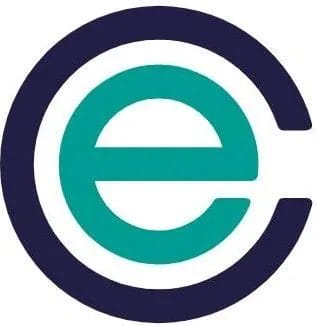
Enhanced Reporting Requirements:
What you Need to Know
Remaining vigilant regarding regulatory changes is not only a matter of good practice but a strategic necessity. Employers in Ireland are currently facing a changing regulatory landscape that holds the potential to significantly impact the way expense management is conducted.
Enhanced Reporting Requirements refer to new regulations that mandate detailed reporting of specific expense payments to employees and directors, aimed at increasing transparency and accountability in financial management for Irish employers.
On Monday, January 1, 2024, the Finance Act 2022’s new policy (Section 897C) will be implemented nationwide. This policy will necessitate that employers report specific expense payments to employees and directors.
![]()
What information is to be included in the report?
Small benefit exemption
This covers vouchers or benefits offered to employees that fall under the small benefit exemption scheme, meaning they are currently allowed to receive up to two small benefits per year with a total value not exceeding €1,000.
Remote working daily allowance
This covers any payments made by an employer to an employee or director in relation to days worked from home. These payments should not exceed €3.20 per day. Employers are now required to report:
- Total number of days.
- Amount paid.
- Date paid.
Travel and subsistence
This covers payments made by an employer to an employee or director for travel or subsistence expenses without any tax deductions. When submitting a report to Revenue, it is essential to include the amount and date of payment for each of the specified categories:
- Travel vouched.
- Travel unvouched.
- Subsistence vouched.
- Subsistence unvouched.
- Site-based employees (including “Country money”).
- Emergency travel.
- Eating on site.
How will payments be submitted
Understanding the process for submitting enhanced reporting is crucial. A new feature will be integrated into the Revenue Online Service (ROS) for this purpose. It’s worth mentioning that this new feature will closely resemble the existing payroll reporting tool.
Revenue have indicated that this legislation marks the initial phase, and it’s probable that additional enhanced reporting requirements will be introduced in the coming years.
The benefits of the enhanced reporting for businesses
One of the primary advantages highlighted by Revenue is that it seeks to enhance transparency for employees regarding non-taxable payments. The concept is that these new reports will enable employers to identify potential areas of excessive spending.
From Revenue’s standpoint, enhanced reporting offers increased visibility, enabling them to focus more on companies that may not be reporting accurately.
How to prepare your business for Enhanced Reporting Requirements
As the legislation takes effect on Monday, January 1, 2024, companies must prepare accordingly. It is essential to assess your existing system to ensure readiness for the impending changes.
The new legislation is expected to introduce a real-time reporting aspect that may lead to increased administrative responsibilities within your organisation.
Make Informed Choices with Expense Insights
Discover the full potential of our cutting-edge expense reporting feature. With its ability to provide in-depth breakdowns of spending, including mileage, user-specific data, and total expenditure, you gain a clear and comprehensive view of your financial outlays.
This invaluable insight empowers you to seamlessly manage your expenses and, most importantly, make informed, data-driven decisions that can drive your business forward.
- Real-time insights
Access real-time company spending data for strategic decision-making and budget planning, with dynamic views customised to your specific business role.
- Measurable results
Effortlessly identify overspend, conduct aged analysis, streamline budgeting, and gain a crystal-clear perspective on your financial landscape, allowing you to forecast future spending.
- Single view of spend
Your management team will enjoy a comprehensive data overview, enabling them to discern trends, monitor expenses, and maintain a firm grip on budget management and cash flow.
Real-time tracking and reporting
Capture Expense is your financial compass, providing real-time expense tracking and instant reporting at your fingertips. Stay in the know about your company’s financial health, with the power to generate insightful reports effortlessly. Discover our top tips for expense tracking here.
Ready to Revolutionise Your Business?
Unlock the power of expense approval workflows, streamline your expense policy compliance, and experience firsthand how our expense analytics tools can simplify your expense audit. Don’t miss out on this opportunity to shape your future.
Book Your Demo and step into a world of possibilities!


 Streamlining your expense management process is critical to paving a smooth road to financial success. By implementing an
Streamlining your expense management process is critical to paving a smooth road to financial success. By implementing an 



